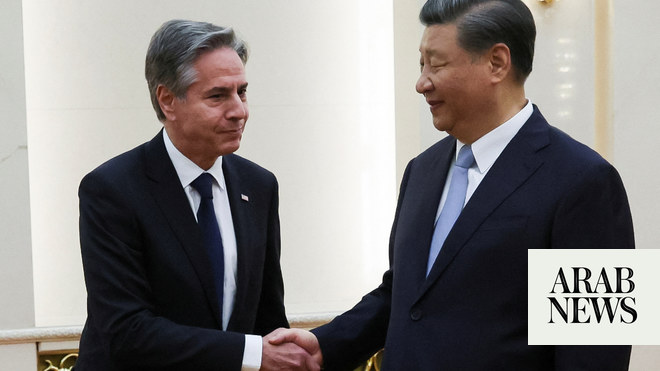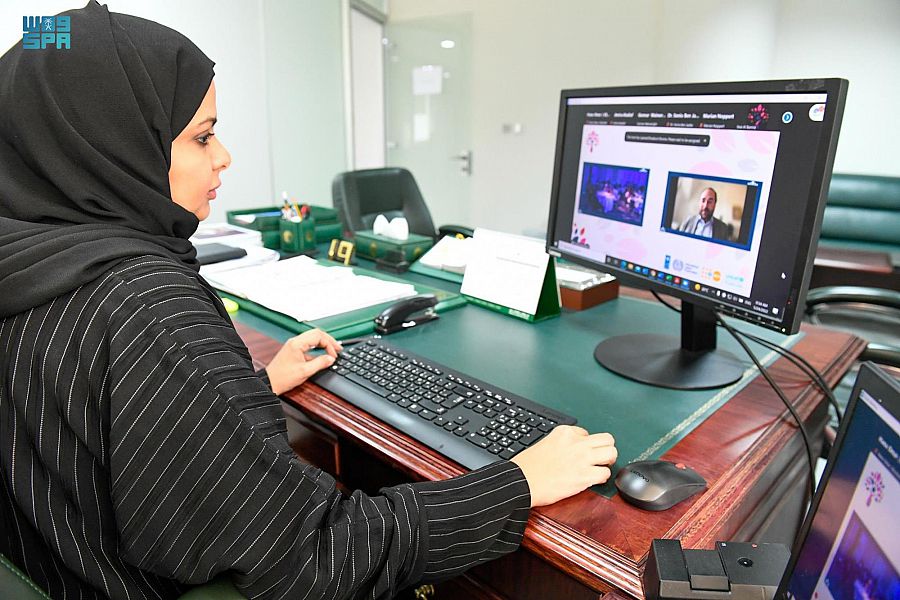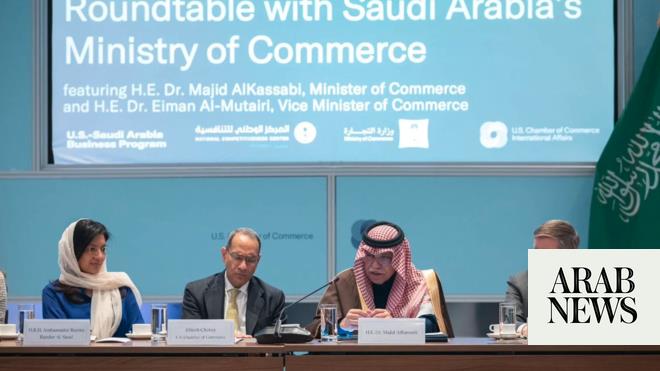
A senior US delegation is visiting the Middle East this week, almost four months since Joe Biden was sworn in as president. This is the first high-level diplomatic contact between the US administration and regional officials. The delegation, led by Brett McGurk, the White House National Security Council’s Middle East policy coordinator, and State Department counselor Derek Chollet, is discussing a number of important matters related to US national security and the ongoing efforts toward a de-escalation of tensions in the region, according to a US official quoted by Reuters.
The delegation’s schedule included visits to Saudi Arabia, the UAE and Egypt. The officials also went to Amman on Monday to meet Jordan’s King Abdullah and discuss issues of mutual concern, including maintaining close coordination between the two countries on bolstering security. The Jordanian king reiterated the need to step up efforts to relaunch Palestinian-Israeli negotiations in order to reach a just and comprehensive peace on the basis of the two-state solution. Although Washington supports that path, it is unlikely to launch new initiatives or pressure Israel to make concessions. For now, resuming aid to the Palestinians and UNRWA seems to be the only goodwill gesture the US is willing to make.
It goes without saying that the issue of Iran’s nuclear deal and ongoing talks in Vienna aimed at facilitating Washington’s return to the agreement is a key concern in Riyadh and Abu Dhabi. The envoys’ Middle East tour takes place as representatives of Iran, China, Russia and the EU hold a third round of negotiations in the Austrian capital. The US will rejoin talks in the coming weeks, according to news reports. Progress has reportedly been made in these talks but a final agreement is still far away.
The visit also comes in the wake of talks held between US officials and a high-level Israeli security delegation that was in Washington last week. It was reported that Biden met with Israel’s Mossad chief Yossi Cohen at the White House on Friday and told him that the US was not close to returning to the Iran nuclear deal. Even then, other US officials reiterated that Washington was committed to rejoining the agreement, while European officials cited mid-June as a possible date for the conclusion of talks.
Israel continues to oppose the nuclear agreement and has warned that it will take measures to prevent Iran from developing nuclear weapons. Gulf countries have adopted a similar position and called on the US to consult with them before reaching a deal with Tehran. They point to Iran’s regional meddling and its controversial ballistic missile program. Along with the Europeans, they want any new agreement to restrict Tehran’s long-range missile activity and its interference in regional crises.
The contrast between the Biden administration and its predecessor is clear. Under Donald Trump, the US withdrew from the Iran deal and imposed strict sanctions. It worked closely with Israel and its Arab allies to push for bilateral normalization agreements. And it moved away from the classical two-state solution to the Israel-Palestine conflict. The Biden foreign policy team has, however, reiterated its backing for the two-state solution and recommitted to joining the Iran nuclear agreement.
Biden has appointed a special representative to Yemen and supported Saudi efforts to find a peaceful solution to end that conflict. The Yemen issue was a key feature in the talks when the US delegation visited Riyadh. A key arms deal involving the sale of US F-35 fighter jets to the UAE was at the center of talks in Abu Dhabi.
Analysts believe that Washington’s top priority in the Middle East will be to revive the Iran nuclear deal.
Osama Al-Sharif
For Egypt, the US is listening to Cairo’s complaints about the conflict with Addis Ababa over the stalled talks concerning the Grand Ethiopian Renaissance Dam and the possibility of military confrontation. Other issues include the crisis in neighboring Libya and terrorism.
Despite all this, analysts believe that Washington’s top priority in the region will be to revive the Iran nuclear deal. Beyond that, the Biden administration’s regional policy will be to prevent the possibility of an Israel-Iran military faceoff, while maintaining the status quo in other hotspots. For Biden and his team, the real national security challenge comes from China and Russia. The bottom line is that the US is losing interest in the Middle East, but it wants to prevent Moscow and Beijing from expanding their influence in the region. As unrealistic as this policy is, it has sent signals to regional leaders.
In this context, Saudi Crown Prince Mohammed bin Salman’s conciliatory message to Iran in his recent TV interview is a sensible gesture that should be welcomed by Tehran. “Iran is a neighboring country. All we ask for is to have a good and distinguished relationship with Iran,” he said. “We really hope we would overcome them (Iran’s negative behaviors) and build a good and positive relationship with Iran that would benefit all parties.”One thing Tehran can and should do is support Riyadh’s peace initiative for Yemen, which aims to end a catastrophic humanitarian crisis and a conflict in which no side can achieve a conclusive victory.
Osama Al-Sharif is a journalist and political commentator based in Amman. Twitter: @plato010
Disclaimer: Views expressed by writers in this section are their own and do not necessarily reflect Arab News" point-of-view












